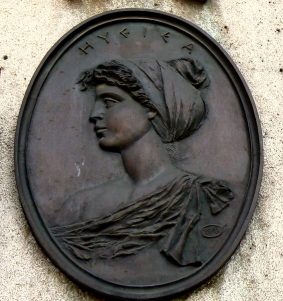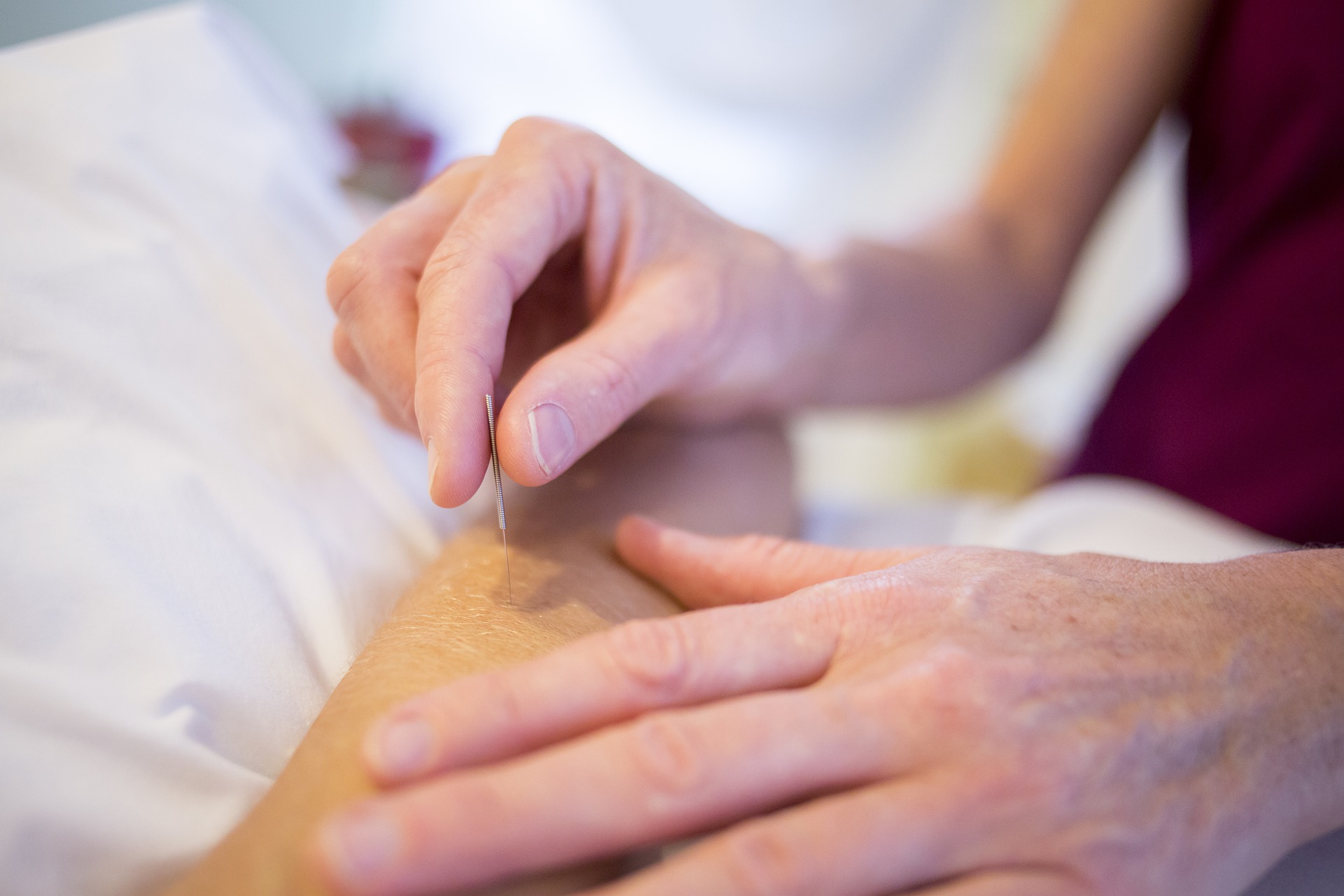Hygeia
Article By Pinar Akhan
 Along with “unprecedented”, it’s probably one of the words that we have heard most in the last three months since the outbreak of Coronavirus: the word “hygiene”. We have been reminded again and again of the importance of following the rules of hygiene to prevent the disease spreading or increasing infections.
Along with “unprecedented”, it’s probably one of the words that we have heard most in the last three months since the outbreak of Coronavirus: the word “hygiene”. We have been reminded again and again of the importance of following the rules of hygiene to prevent the disease spreading or increasing infections.
Through recent discoveries and studies in science, we have come a long way in preventative medicine. We are now able to prevent and tackle many diseases before they get out of hand.
However, we might actually be surprised to learn that the knowledge of hygiene as a method of preventing diseases is not a recent discovery. This knowledge goes all the way back to ancient Greece and maybe even further.
The word hygiene comes from Hygeia, who was one of the goddesses related with medicine in ancient Greece. Hygeia is generally known as a daughter of Asklepios, the god of health and healing in Greek mythology. She has four sisters: Panacea (universal remedy); Iaso (recovery from illness); Aceso (the healing process); and Aglaia (beauty, splendour, glory, magnificence and adornment). While her father was more directly associated with healing, she was associated with the prevention of sickness and the continuation of good health. She is also sometimes depicted as a sister or wife of Asklepios.
She was often represented as a virgin dressed in a long robe, with an expression of mildness and kindness, and either alone or grouped together with her father and sisters. Her usual attribute is a serpent, which she is feeding from a cup, chalice or water basin. The serpent is commonly a symbol attributed to Asklepios. It has many interpretations, including the healing process, transformation, renewal, the energy which runs throughout our body or the deep wisdom in ourselves which knows how to heal. The bowl also has several meanings: potion, cleanliness and the fresh, cleansing, nurturing waters of the world. Temples dedicated to Hygeia were frequently located on the sites of sacred wells, which were believed to have healing properties. Today the symbol of Hygeia with the snake and the bowl is used by pharmaceutical organisations.
Her name, ‘Hygeia’, means ‘soundness’ or ‘wholeness’. Although she was originally the goddess of physical health, she is also considered as the protector of mental health. Health is about maintaining the ‘wholeness’ of the body, being in harmony and keeping it fit. She was also associated with the goddess of wisdom, Athena. Interestingly, the word “sane” – meaning “of sound mind, mentally sound, free from disorder” – comes from the Latin sanus, which means “sound, healthy”. In that sense, her association with Athena does not seem to be a coincidence. After all, wisdom is being able to make sound judgements and therefore represents a healthy mind.
In ancient Greece, Hygeia was brought back to Athens after the outbreak of plagues to remember her and what she represents. Perhaps there is no better time than our current experience of lockdowns and self-isolation to remember Hygeia. We not only have to take care of our physical hygiene, but also our minds, both for ourselves and for others.
Image Credits: By Kozma János | Wikimedia Commons | CC BY-SA 4.0
The entity posting this article assumes the responsibility that images used in this article have the requisite permissionsImage References
By Kozma János | Wikimedia Commons | CC BY-SA 4.0
Permissions required for the publishing of this article have been obtained




What do you think?